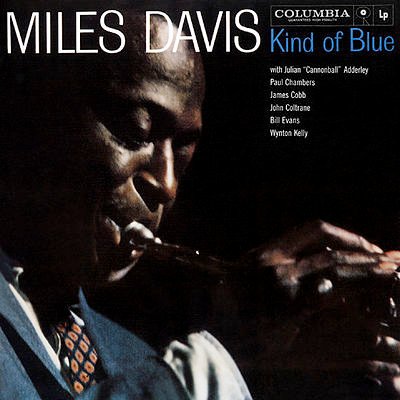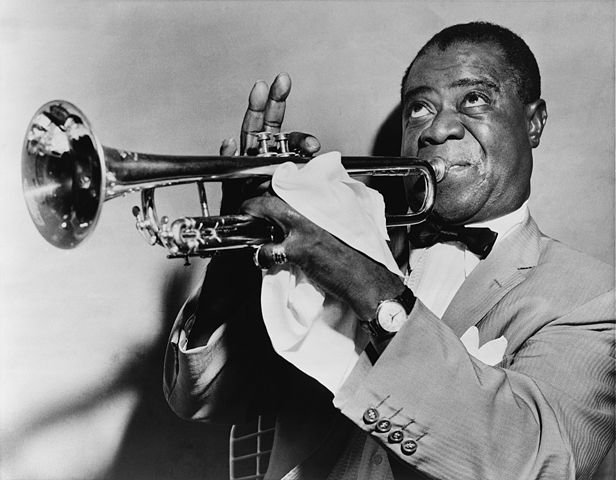Written while listening to: 
For me and for others as well, Jazz is often used for, or consumed during, periods of relaxation. This idea, hardly novel, contains some behind the scenes machinations we are seldom aware of without considerate introspection. Most jazz, at least when considering the vaunted ambassadors of the golden era i.e. Louis Armstrong, Dizzy Gillespie, Thelonius Monk, etc., is not cool, calm and collected all of the time -- qualities we deem inextricable from a state of relaxation.

Solos often combine high pitch notes and chord progression with notable pace -- yet we find ourselves able to relax amidst this sonal angst / traffic.
I think the constantly moving parts work in a different manner than the one we perceive. The sounds of the scaling and solos do not lull us into a serene mental state, but, rather, they command the attention of the listener. When trying to make sense of the audio "laser light show" that typifies jazz a great deal of the time, the mind must shift focus from the day's troubles and various other concerns. This phenomenon, coupled with a placebo effect, I argue, is the real reason relaxation is able to come to fruition. People expect jazz, simply by the music being placed in the genre, to ease their mind before the track even begins to play. Moreover, they anticipate relaxation before the feeling arrives. This, I believe, is the true miracle of jazz music. Just a thought.
Cheers,
Evan